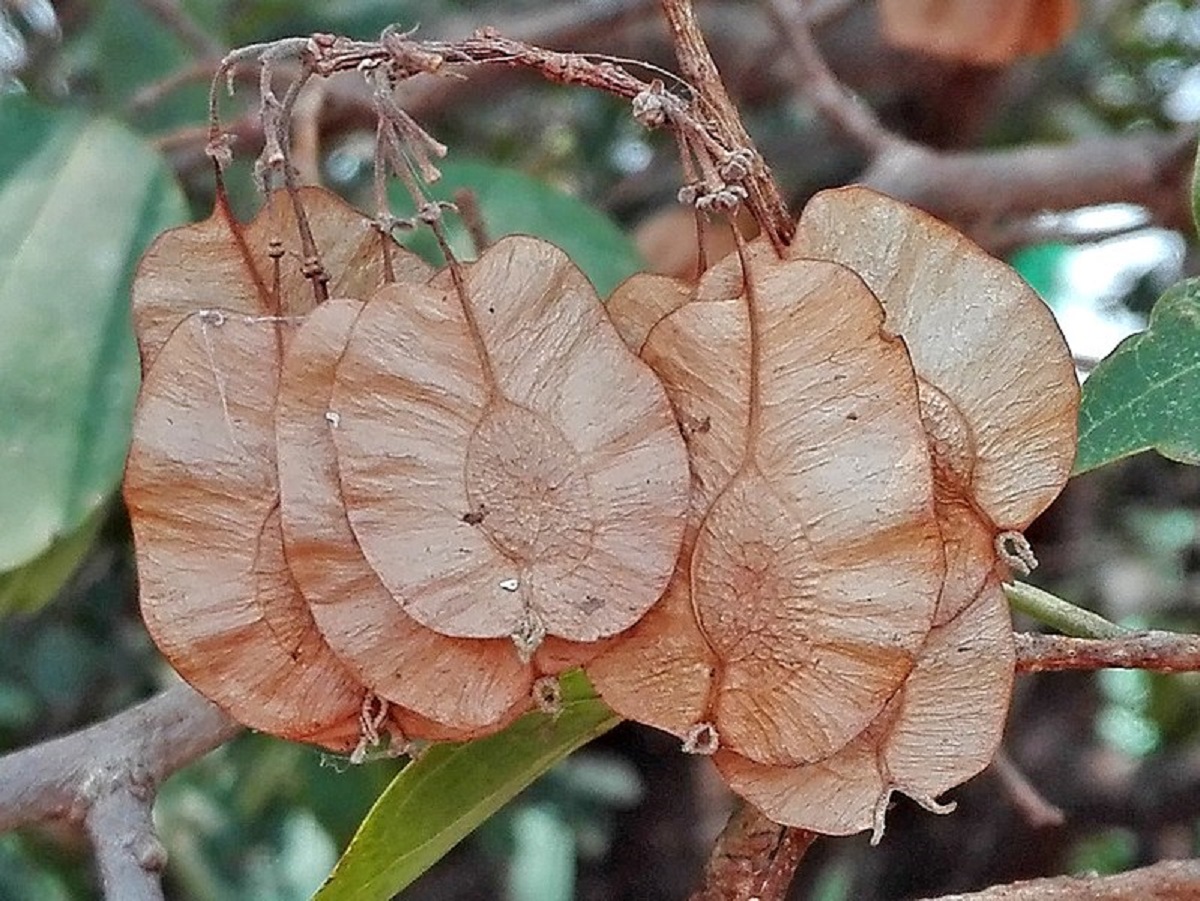The fall is paving way from the summer. But the transition from winter to summer is fraught with health risks with dust and pollen grains in the air causing nasal and throat allergies leading to asthma attacks among vulnerable people in the dry weather of Rajasthan.
Around 10 per cent of asthma patients suffer from pollen allergy of Holoptelea commonly called ‘Bander ki Roti’ in Rajasthan, warns a study.
Advertisement
Pulmonologists at Asthma Bhawan here have for the first time in this season detected pollen of a tree in the air with a Burkard Pollen Counter instrument installed on the rooftop of the respiratory care-cum-research centre and cultured pollen sample for study in a petri dish.
Advertisement
The tree scientifically called Holoptelea integrifolia, which is commonly known as chilbil, papri, kanju or Bandar-ki-Roti, grows rapidly on pavements and provides shade to the pedestrians. However, its pollen is problematic as they are most allergic. Hence, people who suffer from allergies and acute asthma conditions are at high risk in the season.
Speaking to Statesman News Service, Dr. Nishtha Singh, a senior chest consultant and director of Asthma Bhawan, said, “This peak of pollen season of Holoptelea will continue till the end of April which sees steady stream of patients at hospitals with various symptoms of watery nasal discharge, breathing problem, wheezing, burning eyes and rashes.”
“The pollen is present in the atmosphere in higher concentration in the morning and evening. The patients who are allergic to the plant should avoid venturing out and should cover the nose and mouth properly with a three-layered mask. It is the beginning of the allergic season as there is an upsurge in the number of asthma and allergy cases,” Dr. Nishtha elaborated.
In the Pink City, the tree is ubiquitous with its huge presence on roadsides though most people are not aware of its ill effects. This is the reason even the state government and civic bodies prefer transplantation during the rainy season. Not only bander (monkey) but also children enjoy eating fresh seeds by plucking from its flourishing branches on way to school. They relish the taste of the ‘bander ki roti’.
Dr. Singh said, “In India, the daily pollen counting is done by just two centres, one of which is at Asthma Bhawan. The need of the hour is to emphasise pollen counting in the country as the developed nations do.”
“The Indian Meteorological Department should also install the machine in each of its stations and give a pollen weather warning to the citizens,” she suggested.
Advertisement











